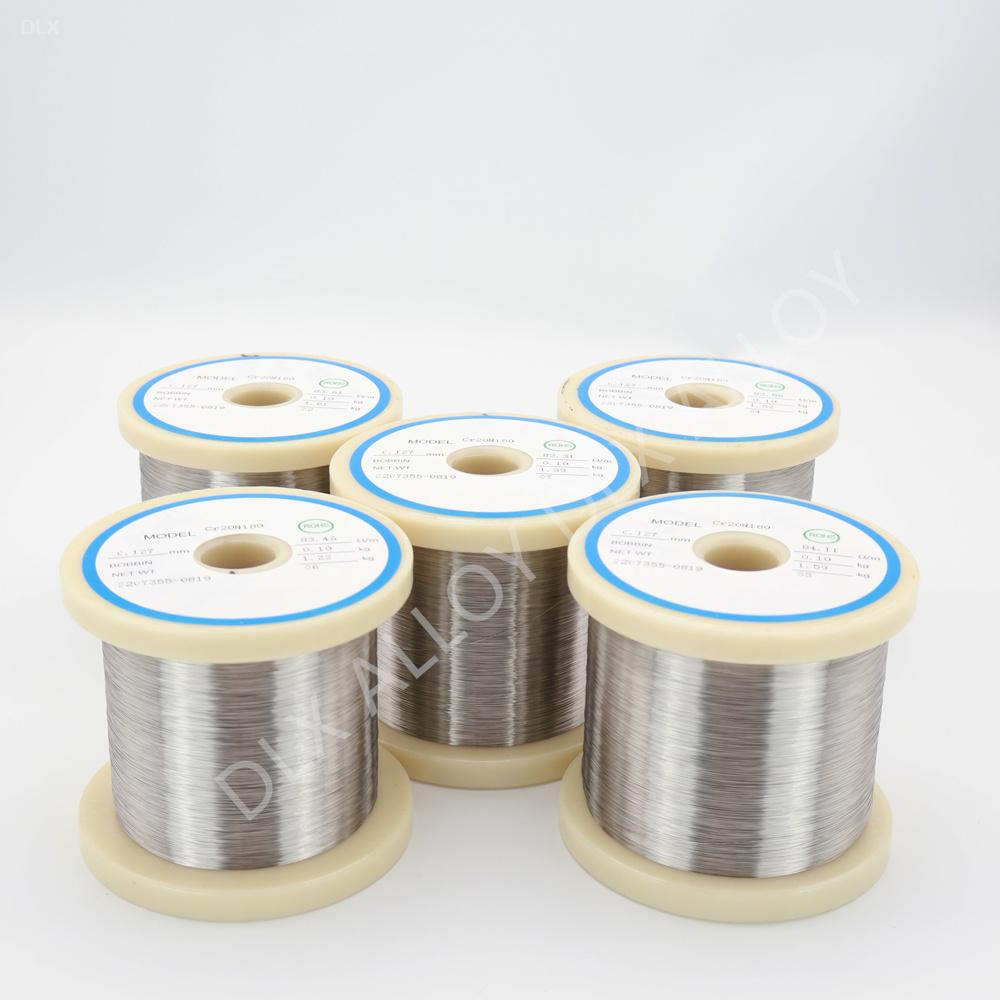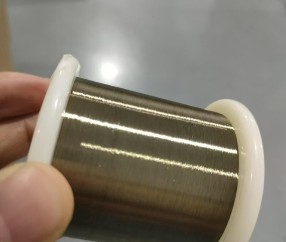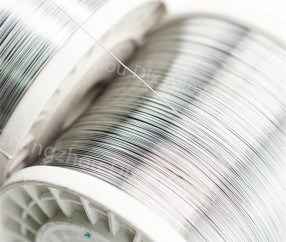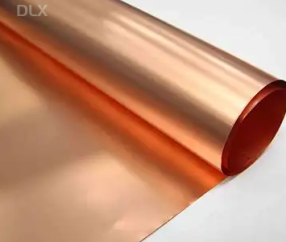Exploring the Applications of Resistance Wire: From Industrial Heating to Electric Vehicles
Release time:2025-04-03 Strike:90 Inquire Now
Resistance wire is a specialized material widely used in various industries due to its ability to generate heat when electrical current passes through it. Typically made from alloys such as Nichrome (Nickel-Chromium), Constantan, and FeCrAl (Iron-Chromium-Aluminum), resistance wire is valued for its high electrical resistivity, oxidation resistance, and durability. This article explores its key applications, material properties, and emerging industry trends.

Key Materials Used in Resistance Wire
Different alloys are used in manufacturing resistance wire, each offering unique properties suitable for specific applications:
Nichrome (NiCr): A popular choice due to its excellent oxidation resistance, high-temperature stability, and long lifespan.
FeCrAl (Iron-Chromium-Aluminum): Known for its superior heat resistance and higher operating temperatures compared to Nichrome.
Constantan (Copper-Nickel Alloy): Primarily used in precision resistors and temperature sensors due to its stable resistance across a wide temperature range.
Kanthal: A brand of FeCrAl alloy often used in high-temperature industrial applications due to its outstanding resistance to oxidation and corrosion.
Major Applications of Resistance Wire
1. Industrial Heating Equipment
Resistance wire is extensively used in industrial heating elements, including:
Electric furnaces and kilns
Heating elements in manufacturing and processing plants
High-temperature furnaces for metal and glass production
2. Household Appliances
Many everyday appliances rely on resistance wire for safe and efficient heating:
Electric stoves, toasters, and ovens
Hair dryers and space heaters
Electric kettles and water heaters
3. Automotive and Electric Vehicles (EVs)
With the rise of electric vehicles and advanced automotive technology, resistance wire has become essential in:
Battery heating systems to optimize performance in cold climates
Seat and steering wheel heaters for enhanced comfort
Defrosting and defogging systems for windshields
4. Aerospace and Defense
The aerospace industry uses resistance wire in:
De-icing and anti-icing systems for aircraft
Thermal management in space exploration equipment
Precision temperature control in high-altitude environments
5. Electronics and Semiconductors
Resistance wire plays a crucial role in:
Precision resistors and circuit protection components
Heating elements for soldering and reflow ovens
Temperature sensors in electronic devices
6. Medical and Laboratory Equipment
Used in critical applications such as:
Incubators and laboratory heating systems
Biomedical devices requiring controlled heating
High-precision temperature control instruments
Industry Trends and Future Outlook
1. Growing Demand in Electric Vehicles (EVs)
As EV adoption continues to rise, the need for efficient battery heating solutions is increasing. Resistance wire is crucial in maintaining optimal battery temperatures, reducing performance losses in cold weather.
2. Advancements in High-Temperature Alloys
New materials with higher temperature resistance and longer lifespans are being developed, enhancing industrial heating applications and making resistance wire more durable and efficient.
3. Sustainability and Energy Efficiency
The focus on energy-efficient heating solutions is driving innovation in resistance wire technology. Manufacturers are working on alloys that reduce energy consumption while maintaining high performance.
4. Expansion in Aerospace and Renewable Energy
With the increasing investment in aerospace technology and renewable energy systems, resistance wire is finding new applications in solar power storage, thermal batteries, and satellite thermal regulation.

How does the air fryer get heated?
An air fryer gets heated using an electric heating element combi...

How does a Kettle heat water?
A kettle typically uses a metal coil heating element to heat wat...

How is resistance wire used in a hair dryer?
A resistance wire in a hair dryer is used as the heating element...

BIS Certificate Required for Non-ferrous Materials Importing
In India, the regulation of non-ferrous materials, such as alumi...


